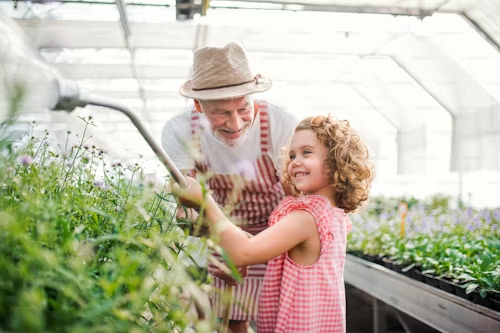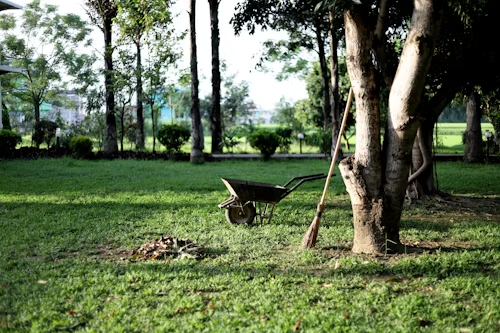
Water is a precious resource, and conserving it should be a priority for all gardeners. Here are some water-saving tips to help you grow a thriving garden while minimizing your environmental impact.
- Mulch Your Garden Beds: Mulching is one of the easiest ways to conserve water. By covering the soil with organic materials like straw, bark, or compost, you reduce evaporation and help the soil retain moisture. Mulch also suppresses weeds, which compete with your plants for water.
- Install Drip Irrigation: Drip irrigation systems deliver water directly to the base of your plants, reducing runoff and evaporation. These systems are more efficient than overhead sprinklers and ensure that your plants get the moisture they need without wasting water.
- Water in the Early Morning: Watering your plants in the early morning allows the water to soak into the soil before the sun gets too hot. Watering during the heat of the day results in evaporation, while watering in the evening can promote fungal growth as the plants stay wet overnight.
- Use Rainwater: Collecting rainwater in barrels is a great way to reduce your reliance on tap water. You can use the stored rainwater to irrigate your garden during dry periods. It’s also free and better for your plants because it doesn’t contain the chemicals found in treated tap water.
- Choose Drought-Tolerant Plants: Incorporating drought-tolerant plants into your garden reduces the amount of water needed. Succulents, lavender, and native grasses are excellent choices. These plants thrive in dry conditions and still add beauty to your garden.
By practicing water conservation, you’ll not only save money but also help protect the environment while keeping your garden healthy and vibrant.











